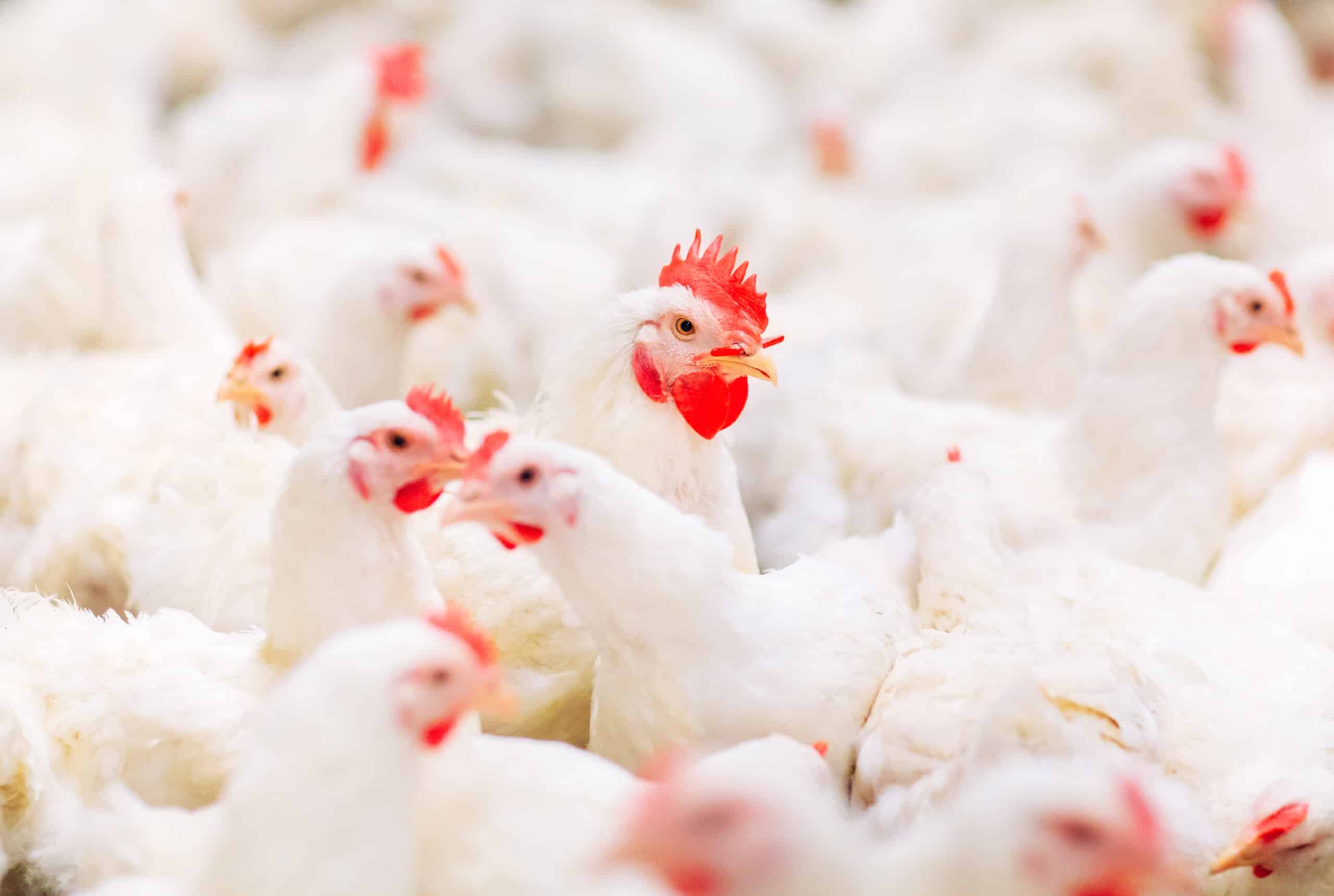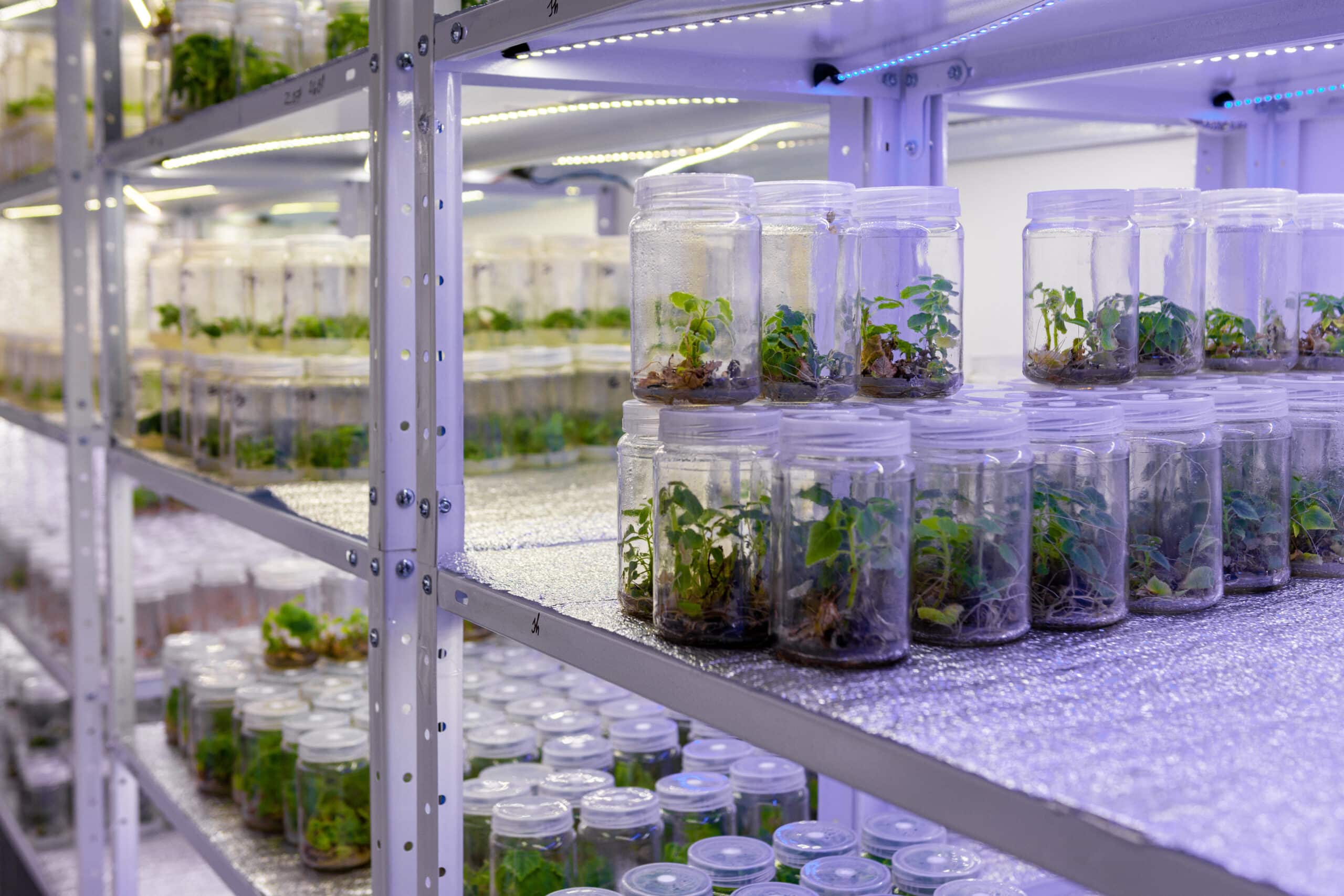Rising energy costs have been a major factor in driving up food prices.
The average global cost of living has risen more in the 18 months since the start of 2022 than it did during the preceding five years combined.
There are, however, a wide range of factors driving increased energy costs – these include:
- The Russia-Ukraine war including the damage to infrastructure from the conflict, as well as trade sanctions against Russia;
- A rebound in the global economy following the end of the Covid-19 pandemic;
- Climate and sustainability and the need to transition away from fossil fuels;
- Failure to invest in alternatives – including nuclear, and storage of LPG.
The link between fertiliser and energy prices
Nitrogen is an essential nutrient for virtually all plant life. Ammonia is the starting point for all mineral nitrogen fertilisers, and half of the ammonia is converted to urea, the most common nitrogen fertiliser product used globally.
Across the world, ammonia is made almost exclusively from natural gas, consuming around 170 billion cubic metres (4% of global gas consumption). The exception is China, where ammonia production is based mainly based on coal.
Fertiliser prices have more than tripled since mid-2020 to reach their highest level since the 2008-09 food price crisis and their highest level on record in the case of urea. The recovery in demand following the end of the Covid-19 pandemic has partly driven this surge in fertiliser prices.
Why are rising energy prices impacting food production?
Many farm activities are energy intensive. For example field cultivations and heating greenhouses, buildings, and dairies use fuel that can be a substantial cost to the farm.
Direct energy use in agriculture includes electricity for automated water irrigation, fuel consumption for farm machinery and energy required at various stages of food processing, packaging, transportation, and distribution.
Pesticides and mineral fertilisers use a lot of energy to manufacture which results in large quantities of energy being used indirectly. While the share varies considerably between regions – depending on factors such as weather conditions and crop types – direct and non-direct energy costs can account for 40% to 50% of the total variable costs of cropping in advanced economies such as the United States.
Higher energy and fertiliser prices, therefore, lead to higher farm production costs and higher food prices.
How are policymakers responding to rising energy prices?
Are there specific policies to alleviate fuel and fertiliser prices? According to the IEA (International Energy Agency), short-term policy concerning energy and fertilisers could include the following:
- Enhance international dialogue and cooperation on energy and food supply security.
- Incentivise and enable food growers to increase the efficiency of nutrient use.
- Alleviate pressure on natural gas and oil markets by adopting short-term measures to reduce demand.
Policy responses have to date focused on measures to protect consumers from price inflation, rather than long-term changes to food and farming policies, however, food price inflation has stimulated debate on the need for increased food production in some countries.
Food production consultants
Unfortunately, there is no quick fix to ease rising food and fuel prices, and high prices for these essentials are likely to persist for some time. Amidst escalating energy costs driving up food prices and the cost of living globally, businesses within the food supply chain must consider their options.
Farrelly Mitchell provides strategic insights and solutions for businesses navigating these challenges. Our expertise spans sustainability and esg, supply chain optimisation, clean energy solutions, and risk analysis & management, and we leverage this experience to assist clients in adapting to rising production costs.
If you are looking to explore renewable energy sources, enhance efficiency in food production and distribution, and implement sustainable agricultural practices, reach out to us today. By focusing on long-term resilience and sustainability, our consultants can support you in mitigating the impact of fluctuating energy prices, ensuring economic viability and environmental responsibility.















